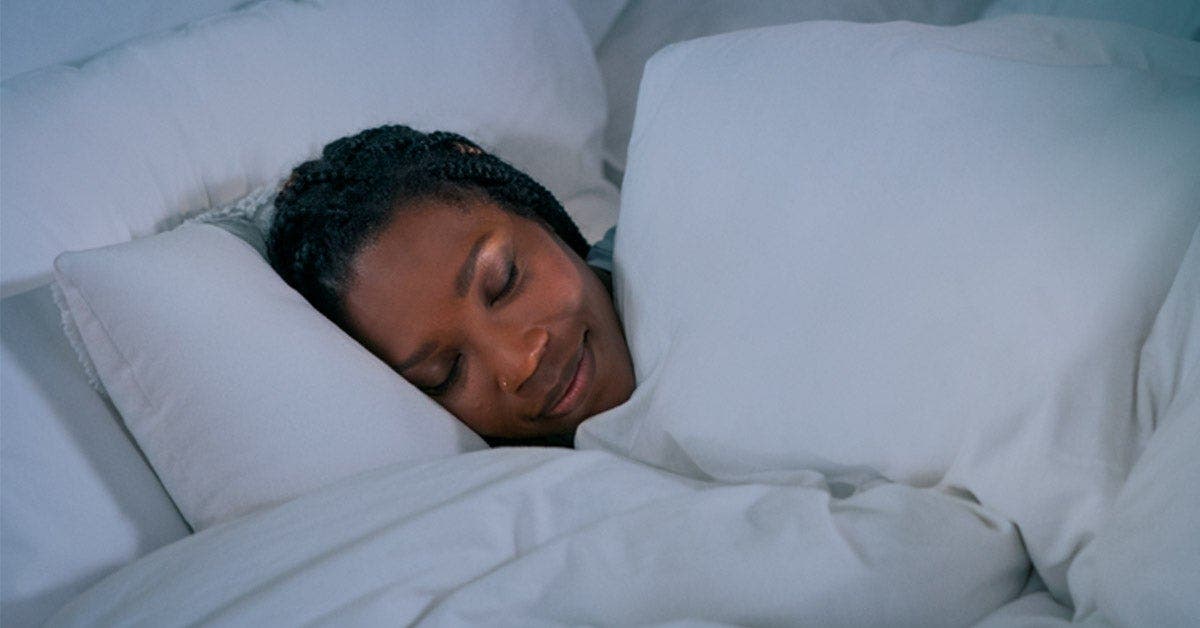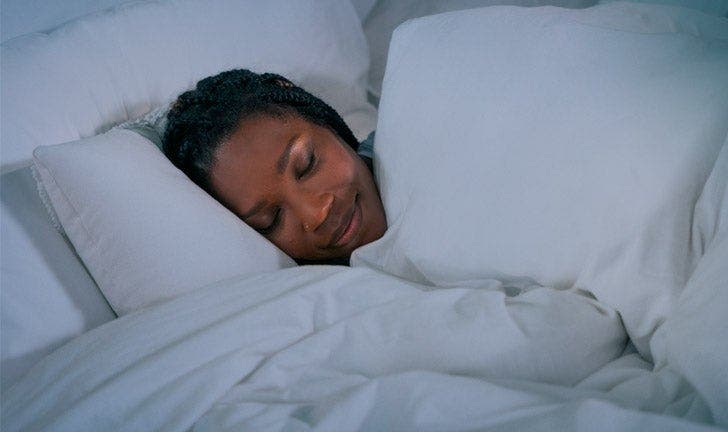Seasonal Sleep Tips


As the days get shorter and cooler weather sets in, you may notice that you feel more tired than usual. Seasonal changes can impact your sleep patterns, leaving you tossing and turning at night and low on energy during the daytime.
Transitioning to Longer Nights and Shorter Days
Light helps regulate the circadian rhythm, which is your body’s internal biological clock for your sleep-wake cycle. Exposure to light is an important factor that tells your body when it should be awake and when it should be asleep. As darkness sets in, it cues your body to increase its production of melatonin, a hormone that induces a feeling of sleepiness. In the morning, light inhibits further production of melatonin, helping you feel awake and energized.
With the arrival of autumn, it gets darker earlier on and the nights are longer. Along with fewer hours of sunlight, which is also less intense than during the summer, it makes it harder for your body to distinguish between day and night. These changes in light exposure alter the natural cues your body receives for melatonin production, which can affect your overall sleep and make you feel more tired during the day.
How to Fortify Your Sleep Routine in the Changing Season to Help Keep You Rested
If the shorter, cooler days are impacting your sleep and energy levels, here are some tips to adjust your routine to ensure you get a better night’s sleep:
Get more sunlight. Sunlight can have a positive impact on your sleep-wake cycle, especially when you are exposed to it in the morning. Light from the sun helps to suppress melatonin production, so you feel more awake and alert. It also causes higher levels of serotonin to be released from the brain. Nicknamed the “happy hormone”, serotonin is a neurotransmitter known to play an important role in mood balance and sleep regulation. To make the most of the morning sun, open the blinds in your bedroom as soon as you wake up to let light stream in. It can also help to get outside for a walk early in the day.
Set a bedtime routine. With the change in season, now is an especially good time to get a bedtime routine in place, whereby you follow the same set of activities each night before heading off to sleep. This helps your brain and body recognize that it is time for bed. Examples of activities to include are picking out your clothes for the next day, taking a warm bath or shower, doing some gentle yoga stretches, or reading a chapter of a good book. As much as possible, try to go to bed and wake up at the same time every day, including on weekends.
Keep a cool bedroom. Even though it’s tempting to wrap yourself up in a warm duvet or blanket, keeping too warm at night can make it harder for your body to get a comfortable sleep. Set your thermostat to around 65°F (18.3°C) for the most ideal sleeping temperature. Your body’s core temperature drops slightly in the evening, and a cool bedroom (60°F to 67°F) can signal that it’s time for bed.
Don’t oversleep. When it’s cool and dark outside, it can be hard to get out from under the cozy covers of your bed. But despite the change in season, avoid sleeping longer than the recommended seven to nine hours each night. Any longer than this can leave you feeling groggy during the day and make it harder to fall asleep at night. If you need to re-charge with a nap in the afternoon, keep it to 30 minutes so as not to disrupt your sleep later that night.
Get more exercise. It can be challenging to motivate yourself to exercise when the weather changes. However, physical activity can help you sleep better and boost your energy levels if you’re feeling the slump with the change in season. Find an activity that works for you, whether that’s walking, going for a hike to enjoy the beautiful autumn colours, or doing your favourite workout at home.
